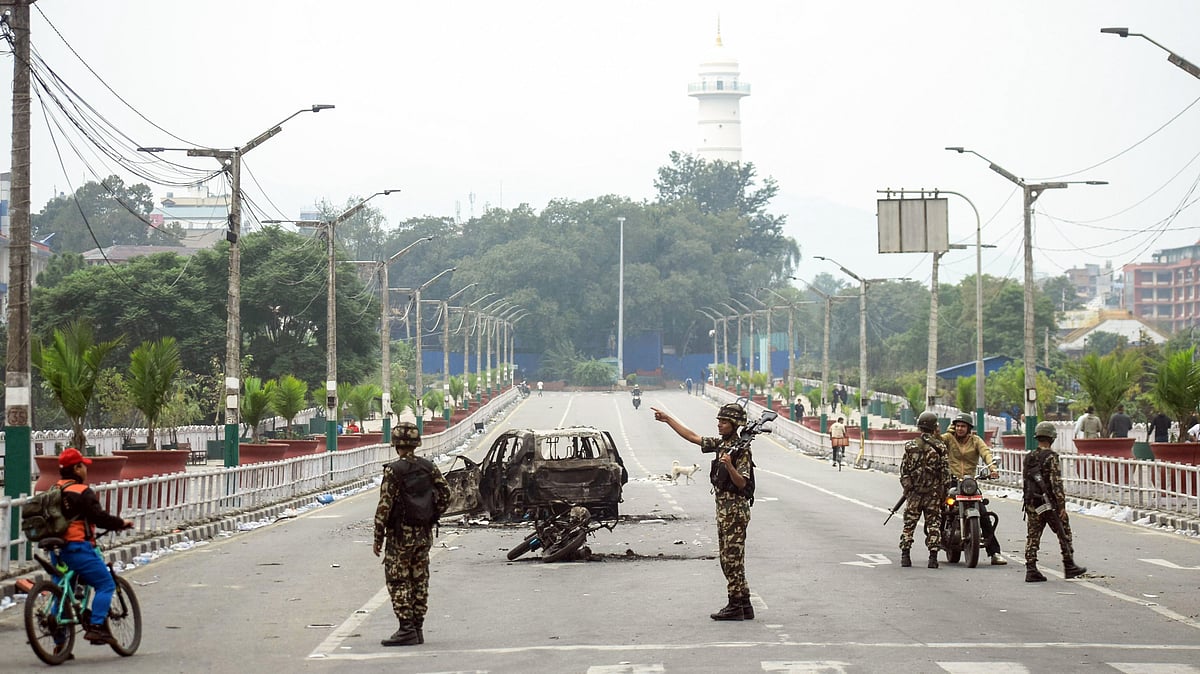Every year, National Farmers' Day is celebrated across India on December 23. Since the farmers are backbone of India’s economy and a significant contributor to rural prosperity, the day is celebrated to o honour and appreciate all the responsible farmers for their contributions to society.
The National Farmers' Day or Kisan Diwas is observed to commemorate the birth anniversary of Chaudhary Charan Singh, India’s fifth Prime Minister.
History of National farmers' Day
Almost 50% of India's population is dependent on agriculture for their livelihoods and form the majority of the country’s rural population. Since India is considered a country of villages and agriculture, the tenth Indian government in 2001 decided to recognise Choudhary Charan Singh’s contribution to the agriculture sector and welfare of farmers by celebrating his birth anniversary as Kisan Diwas. December 23, since then, has been celebrated as National Farmers' Day. On this day, various awareness campaigns and drives are organised across the country to educate people on the role of farmers and their contribution to the economy.
Significance of the day
Since agriculture, with share in GDP of almost 20%, is a major contributor in the country's growth, the National Farmers' day is observed to recognise the devotion and sacrifice of farmers. It is also observed to raise awareness among people to ensure farmers’ social and economic well-being.
The government also uses this day to focus on providing farmers with the most up-to-date agricultural knowledge, to increase their yield.
Know about Chaudhary Charan Singh
Born in 1902 at Noorpur in Meerut district, Chaudhary Charan Singh was a peasants' leader from Uttar Pradesh. Charan Singh was the fifth Indian Prime Minister from 28 July 1979 to 14 January 1980.
As he himself came from a farmer family, he stressed the importance of of rural and agricultural development. He made continuous efforts to keep agriculture at the centre of planning for India.
Among some of the major achievements of Charan Singh, formulation and finalisation of the Debt Redemption Bill 1939, efforts to abolish the Zamindari system, bringing in Land Holding Act, 1960, and formulation of Kisan trust were the most important ones.










